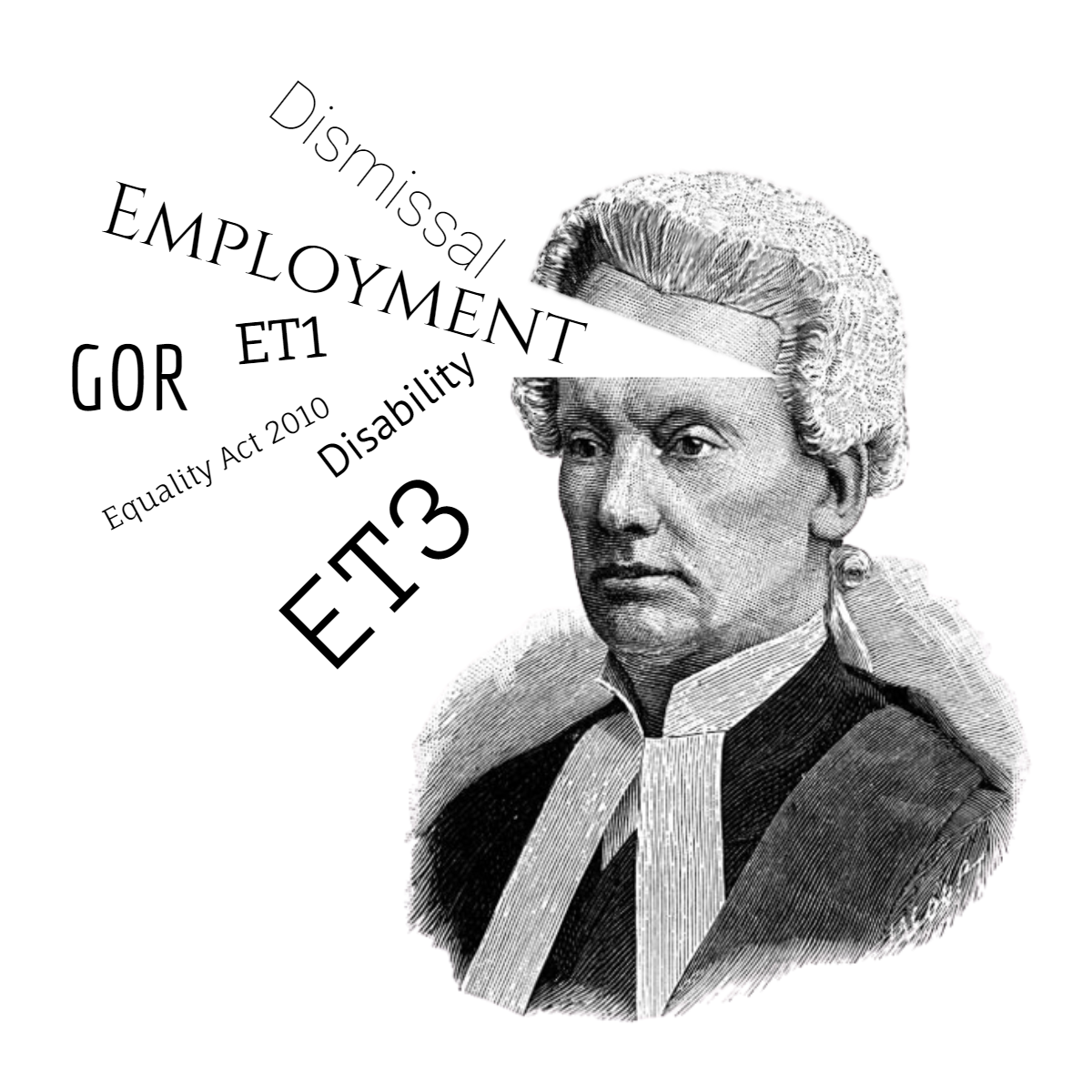Redundancy Fairness
Fairness in all the Circumstances
Even where the employer has established that there is a genuine redundancy situation, the tribunal must then decide if the employer acted fairly in all the circumstances in dismissing the employee.
An employer should always carefully consider the issues of fairness even before proceeding with a dismissal, whatever the reason including redundancy.
Therefore, the tribunal has to decide whether the employer's decision to dismiss the employee fell within the band of reasonable responses that a reasonable employer in those circumstances and in that business might have adopted. The tribunal must not substitute its own view for that of the employer.
In addition, the employer must follow a fair procedure. It is important to remember that the ACAS Code does not apply to redundancies.
The leading case on reasonableness in relation to redundancy is Polkey v A E Dayton Services Ltd [1987] IRLR 503, in which the House of Lords held that an employer will not normally act reasonably (and a dismissal will therefore be unfair) unless it:
warns and consults employees about the proposed redundancy;
adopts a fair basis on which to select for redundancy, by identifying an appropriate pool and using fair selection criteria; and
considers suitable alternative employment.
Individual consultation
The statutory right to collective consultation for redundancies of 20 or more is set out in Collective Redundancy. This page is concerned with the right not to be unfairly dismissed and covers the importance of consultation in the context of an individual unfair dismissal claim. The employer must give as much warning as possible of impending redundancies so that the affected employees may inform themselves of the facts, consider possible alternatives to redundancies and, if necessary, seek alternative employment.
Pool for selection
Before selecting employees for dismissal on grounds of redundancy, the employer must consider the appropriate pool for selection. It must show that the pool it adopted was within the range of reasonable responses open to an employer in the circumstances.
Selection criteria
In addition to considering the reasonableness of the selection pool, the tribunal will consider whether the selection criteria used by the employer are reasonable. The criteria must be as objective and measurable as possible.
The Pool
Once the employer has chosen objective and measurable selection criteria, it must apply them fairly and objectively. The tribunal is likely to be satisfied provided a reasonable system for selection and pool for selection has been established and can be shown to have been administered fairly.
Scoring
Detailed analysis of the scoring systems is unlikely to be considered by the tribunal but may be presented if the scoring was wrong, but this can easily be spotted in an internal appeal of the redundancy. However, if the employee is alleging that the employer has failed to apply the criteria fairly, he/she would need strong evidence to challenge the scoring process. The tribunal will consider whether there has been a structured scoring process, carried out with an open mind and assessment by informed managers relaying on solid evidence, e.g. appraisals, statistics, customer feedback.
During the consultation process, the employees should be consulted on the selection criteria chosen and how the selection criteria have been applied, both individually and in comparison with other employees. The employer should carefully consider any challenge to the scoring as well as suggestions put forward by an employee. The employer should provide the employee with a copy of his/her own scores and should also consider disclosing additional information about the other employees’ scores, for example the average score for each criterion, where the scoring would otherwise be meaningless.
Bumped
Where an employee who has been ‘bumped’ (i.e. dismissed by reason of redundancy even though his/her own job still exists after the redundancy exercise), he/she should scrutinise the application of the selection criteria very carefully, to see whether they have been applied fairly.
Discrimination
An employer also needs to consider whether the criteria are potentially discriminatory. Absence on maternity leave, pregnancy-related absence and disability-related absence should all be discounted if absence is included as a criterion for selection.
Alternative Employment
The employer should take reasonable steps to find the selected employees alternative employment within the organisation (or the group, if relevant) and should consult with them about it. The employer should ensure it gives the employees sufficient information about the vacancy and allow a trial period. The employee must then consider whether he/she wants to accept the alternative employment, even if it involves a demotion or pay cut.
It is important to note that an employee who refuses suitable alternative employment will reduce their chances of winning an unfair dismissal case. In addition, they will lose their entitlement to the statutory redundancy payment if they unreasonably refuse the suitable alternative employment.
Practical guidance
The steps below are merely guidelines for dealing with redundancy fairly. Additional steps may be required, depending on the circumstances. The employer should also ensure they follow any company redundancy policy or collective agreement where applicable, and the collective consultation obligations where there are 20 or more proposed redundancies over a 90 day period:
Identify need for redundancies
Identify pool for selection and draw up selection criteria
Initial staff meeting, warning of redundancy
Score the employees in the pool
Letter to potentially redundant employees inviting to consultation meeting
Consultation meetings and follow up
Consider alternative employment
Written notice of decision to dismiss
Appeal
Employment Coaching
Get help with your employment issue, as it arises at work. If you are having problems at work you may not understand where to start. I can coach you to navigate your Employment Policies and Procedures. This can help you argue your employment issue and organise any potential claim in the right way up to the employment tribunal if needed. As an expert law tutor I will guide and support you through the whole process. I offer simple, cost effective and confidential employment advice for employees/workers on employment issues you experience at work. I particularly want to assist anyone who has been discriminated.
Employment Advice
I have been teaching law for 20 years. Moreover, I have gained a lot of employment law experience advising both individuals and companies. I have had many successful outcomes but more than that I have had countless cases that ended in settlements because the case could not be won by the employer. If you are having problems at work why not get someone to teach you how employment law works. I provide valuable advice while you are having trouble at work and can coach you through a successful outcome. I have been just as effective for defending employment claims for businesses.
HOw I can Help?
I need to raise a Grievance
How to gather evidence for my grievance
How to appeal my grievance
Defend a disciplinary
Dealing with a potential unfair dismissal
Is this an automatic unfair dismissal?
What are protected acts?
Resign and claim constructive dismissal
Is my Redundancy fair
What is the process for Whistleblowing?



